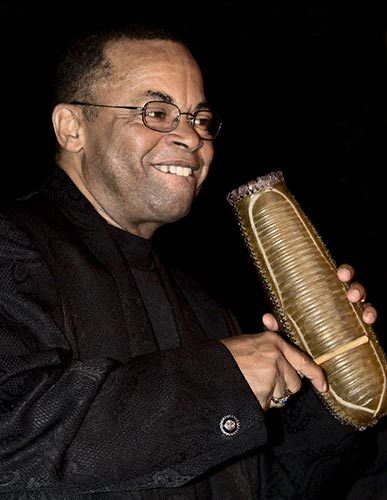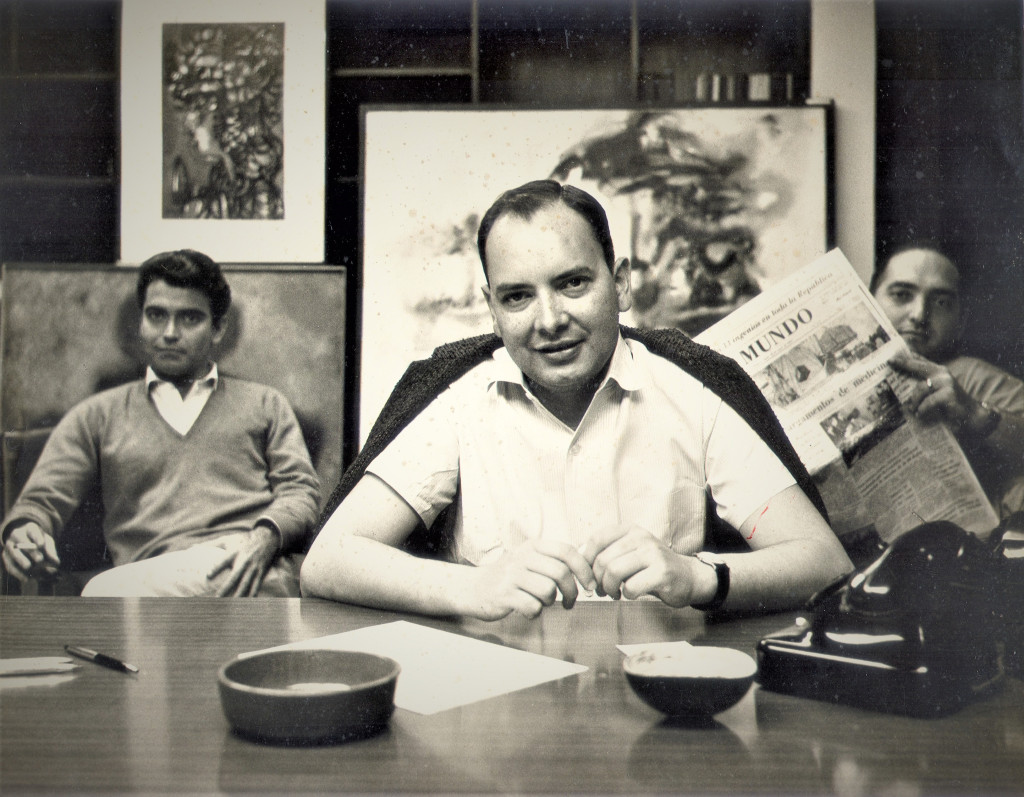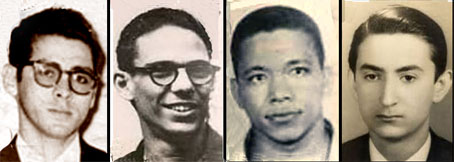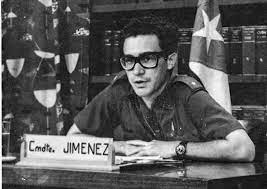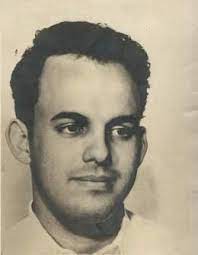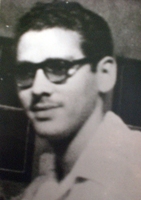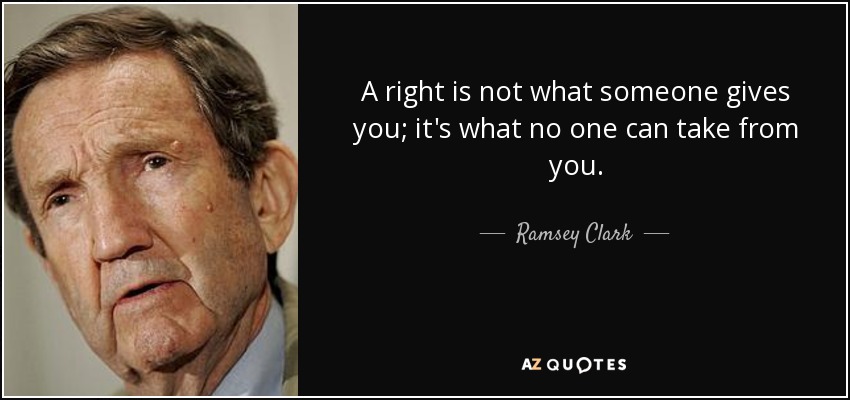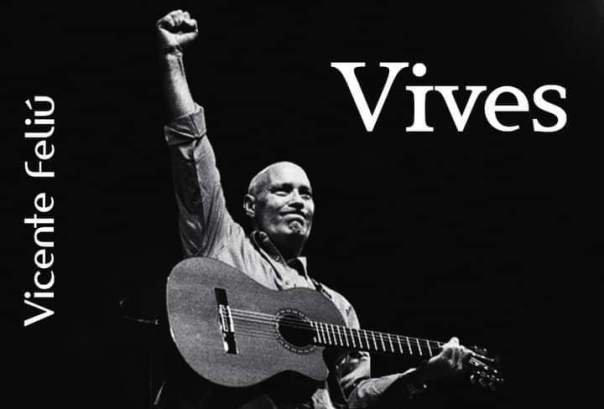
Hoy es 17 de diciembre, se cumplen siete años ya del regreso de los 5, tus hermanos de lucha y de canciones, por los que diste y pusiste tanto de tu alma.
¿Qué ironía no? Y tú que no eres irónico para nada.
Quiero recordarte algo que a lo mejor no recuerdes.
Era una noche en casa de Carolina (de la Torre) y Carlos (Tablada) en Línea aquí en el Vedado. Era uno de esos veranos en que veníamos a pasarnos un mes con los amigos de mis padres, los hermanos y la familia. Los niños de la casa, Abel y Johana eran pequeños y yo era no menos pequeña, pero me creía ya grande y estaba aislada en una esquina. Y tú lo notaste. Había más trovadores, había amigos, pero entre todos estabas tú.
En un momento te me acercaste y me preguntaste que música me gustaba, y yo con pena, no pude mentir, te dije que me gustaban mucho los Beatles, el rock y Serrat. Insististe en cual música cubana oía, y ahí me dio pena porque estaba frente a ti y no te quería mentir y te dije ¨me gusta mucho Silvio Rodríguez…¨
Recuerdo que me dijiste, “te voy a cantar una canción poco, muy poco conocida de Silvio, se llama ¨La Bicicleta¨.”
Luego me insististe mucho en que tenía que oír toda la música cubana posible, que el Rock era bueno, muy bueno pero que tenía que hacer un esfuerzo y oír a la trova cubana.
Ya después, pasaron los años como suelen pasar, y te veía en conciertos, en tertulias, en descargas, ya yo con pretensiones de adulta y tu seguías siendo Vicente.
Una noche veíamos el noticiero en calle 21 y regresaban tú y Sara y no recuerdo quienes más, de un viaje por América Latina donde habían dado conciertos, me parece recordar que fue en Bolivia donde se tuvieron que enfrentar a ataques verbales que llegaron a físicos contra la Revolución, la de ustedes, la nuestra, y de la cual no de separaste jamás. Recuerdo que mi madre que tanto te quería, me dijo: “!ese es un Revolucionario!” y como recuerdas, viniendo de ella eso era decir mucho.
Contigo no habían medias tintas, ni las habrían jamás.
Han pasado más años y te volviste mi amigo, con el que podía hablar y discutir y descargar cosas de política de historia de la vida siempre mirándote esos ojos tan increíbles y buenos.
Con el paso del tiempo te reías conmigo en Casa y un día me dijiste, ¿“sabes que te quiero mucho? ¿Y Sabes por qué? Porque quiero mucho a tus padres, y por eso soy tu tío y lo seré siempre.”
Hemos tenido conversaciones sobre lo vivo y lo pintado y siempre, siempre, tienes una luz única, clara, sin titubeos, directo, claro, repleto de una valentía y una sagacidad solo tuyas.
Cuando te llamé porque mi padre cumplía 80 y quería hacerle una fiesta y quería contar contigo, con mi tío, no perdiste un compás y me dijiste “dame el día, hora y dirección y ahí estaremos” y así fue, tú y Aurora, tu Aurora, entre los primeros en llegar con una bandeja de algo que ahora no recuerdo.
Fue una velada loca con mil gentes distintas, pero todos con un denominador común: la patria. Porque así te veo Vicente, eres la Patria, la mía, jugaste quizás sin saberlo un papel trascendental en mi vida y por ello te agradezco y te agradeceré siempre.
Recibir una de tus ¨OVACION¨ sigue siendo un momento cumbre que me sigue dando orgullo y me resguarda de resquemores, porque si tú estás de acuerdo entonces voy bien.
Me viene a la mente Noel (Nicola) cuando sin pedir permiso, se me fue, y se lo dije a Eduardo (Ramos) otro que no pidió permiso, “no se lo perdono, ¡ni se lo perdonaré nunca!” Y créeme cuando te digo que a ti tampoco mi tío bello, bueno y precioso. Créeme que a ti tampoco te perdono.
Nos volveremos a ver, mi tío, más temprano que tarde y mientras tanto te mando una enorme “OVACION”.
Tu Margaritica
